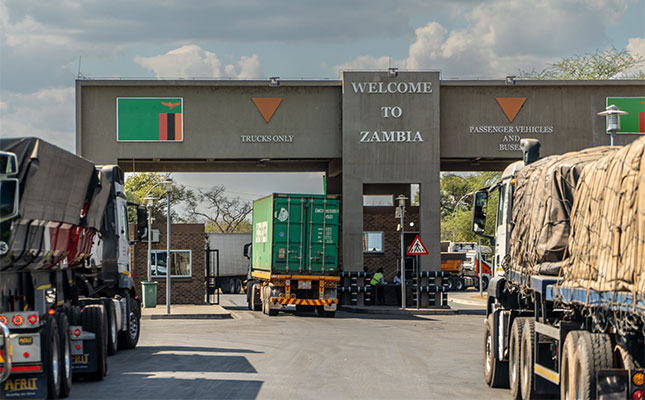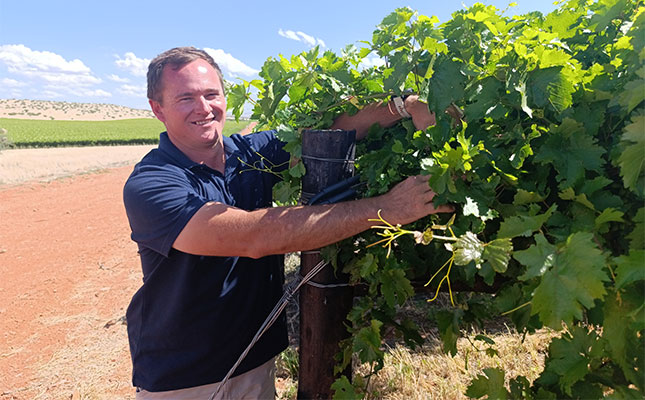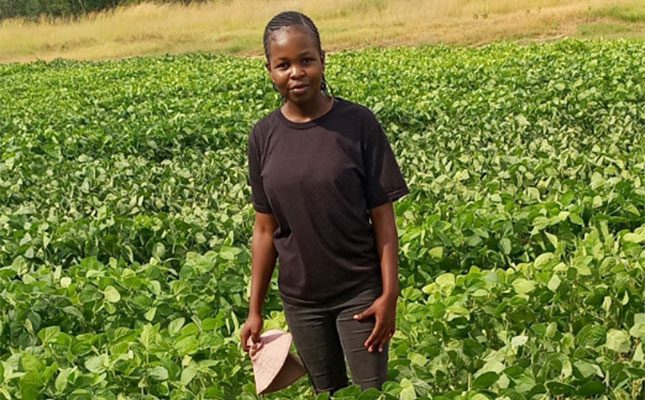
Muturi thinks the problem may lie in the education system’s failure to bridge theory and practice, with universities focusing too heavily on hypothetical case studies that are disconnected from real farms and markets.
Why some agriculture graduates balk at farmwork
Muturi has grappled with this question: do universities teach students to negotiate with traders, manage farm labour, and bounce back from crop failure?
“One thing I have come to realise is that there’s still a big difference between what we are taught in school and what actually happens on the ground. For many graduates, reading about agriculture or sitting in class and learning the theory is interesting, but when it comes to real conditions, they dislike the ‘dirt part’ of agriculture. They don’t like the process.
“They don’t want to be associated with older people in agriculture, and some even fear going into the field as agronomists. That’s why many prefer to wait for opportunities in agrifinance, banks, agri-consultancy, or anywhere else where there’s no ‘dirt’,” he told Farmer’s Weekly.
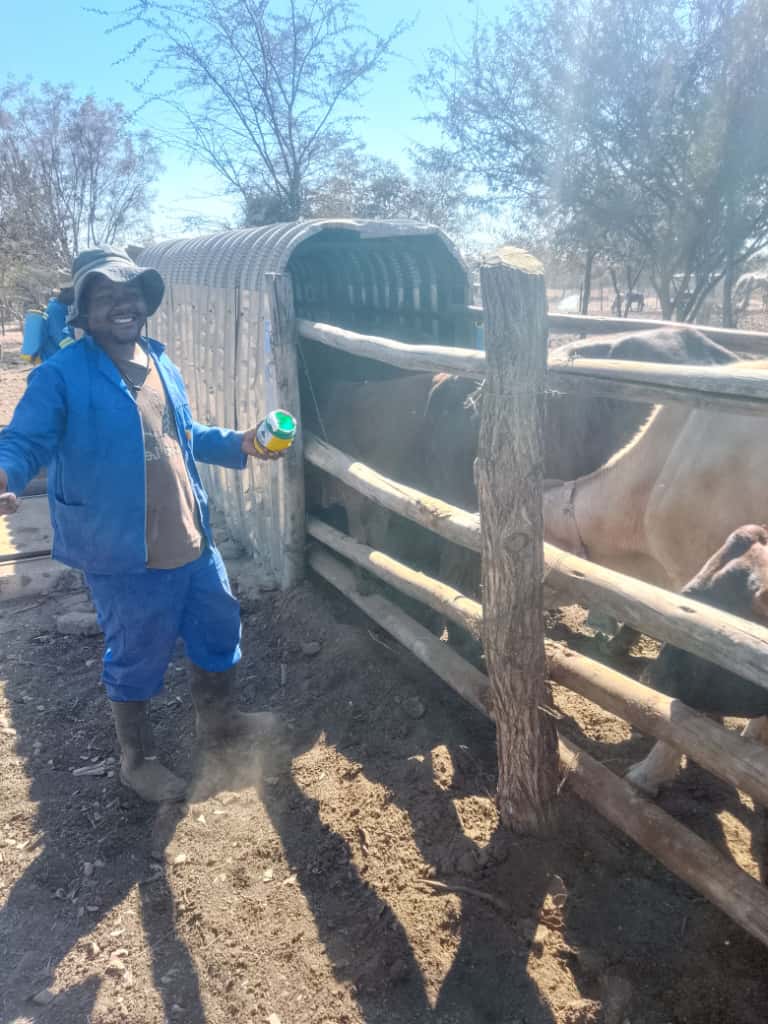
He believes universities need well-structured curricula that make real farm work more appealing to agriculture graduates, and that students should gain practical, hands-on experience and meaningful exposure to the realities of farming.
According to Bryan Hilton Mutamba, who graduated in 2022 from Midlands State University in Zimbabwe with a BSc honours degree in agronomy, while theoretical kn
owledge provided at universities is important, it often doesn’t fully reflect the practical realities, innovations, and demands of the modern agriculture sector.
He added that, from his experience, there is a visible gap between what is taught in lectures and what is practised in the field.
Agricultural training must incorporate modern concepts
“Modern agriculture now demands skills in climate-smart farming, precision agriculture, agribusiness management, digital tools for data collection and analysis such as KoboCollect and Excel, and community extension work. However, many curricula remain outdated,” Mutamba said.
He said curricula should be reviewed to strengthen hands-on practical training through internships and demonstration projects, integrate agripreneurship and agribusiness modules to promote innovation and self-employment, incorporate modern technologies and digital literacy for data-driven agriculture, and reinforce communication and extension skills to improve collaboration with farmers.
Mutamba added that regular curriculum reviews will ensure graduates are competent, innovative, and better equipped to address food security, sustainability, and agricultural transformation challenges.
Policy reforms needed to attract graduates
Asked why some graduates end up turning their backs on farming, Mutamba said many do so because of economic, institutional, and policy-related challenges.
He added that one of the biggest issues in Zimbabwe is the lack of access to land and capital, as land allocation is often politicised, making it difficult for young professionals to secure land, regardless of their qualifications. At the same time, banks rarely offer loans to youth, as most do not have collateral such as titled land or property, making it almost impossible for young graduates to start or expand farming ventures.
“Additionally, farming is often not treated as a formal business but rather a passion project. Many farms are unregistered, lack business systems, and fail to provide written contracts for employees, relying instead on verbal agreements. This informality leaves graduates vulnerable, underpaid, and without legal protection,” Mutamba explained.
“Another critical gap is the absence of an agricultural professionals council to represent and regulate agriculture graduates and practitioners. Without such a body, there are no standardised conditions of service, ethical guidelines, or minimum wage structures, thereby weakening professionalism and job security in the sector.”
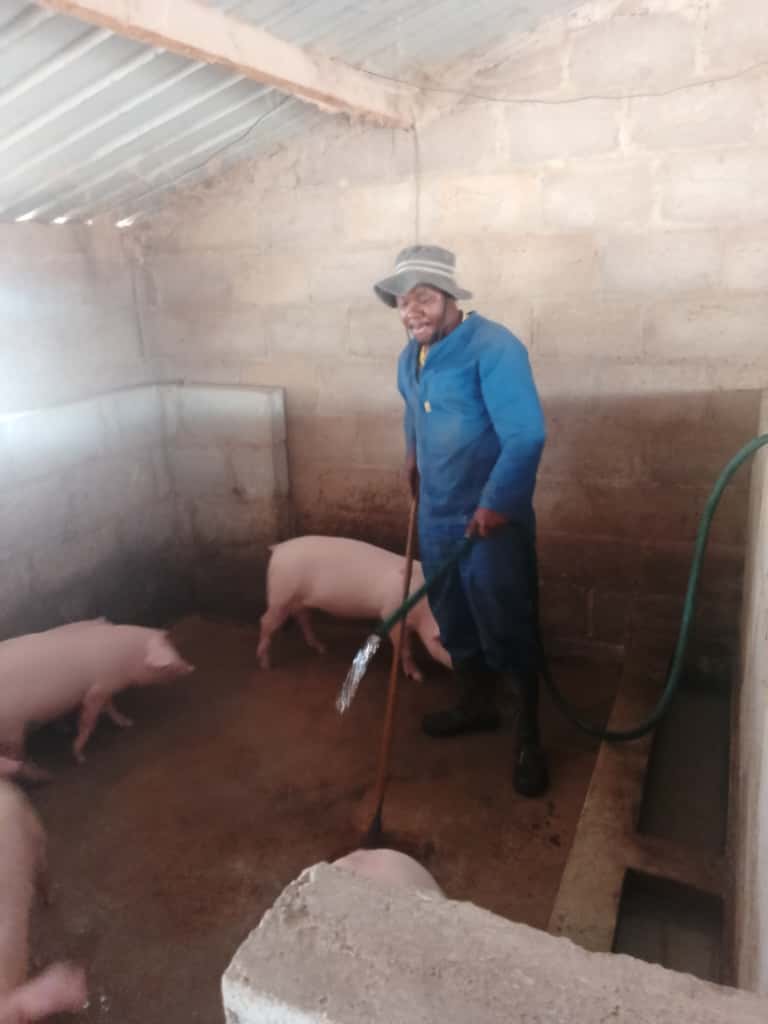
He added that, combined with low salaries, long working hours, and interference from farm owners in technical decision-making, many graduates end up frustrated and seek opportunities outside farming.
Mutamba has faced many of these challenges himself. After graduating, he worked in farm management roles, where he witnessed how informal structures can undermine professionalism, as many farming ventures lack written contracts, proper financial systems, and accountability frameworks.
He explained that in several cases, farm owners overrode technical decisions, making it difficult to apply scientific principles effectively.
Mutamba said that, combined with low pay and limited career progression, these challenges eventually led him to step away from farm management. However, this experience strengthened his belief that agriculture can be professional and profitable if managed properly.
He added that the sector needs formal business structures, transparent contracts, professional regulation, and fair remuneration to attract and retain skilled workers.
“Given an opportunity to work in a well-structured and professional farm management environment – whether local, regional, or global – I would gladly re-engage, because agriculture is my passion and lifelong calling.
“My long-term goal is to become an agriculture specialist, contributing to sustainable production systems, agribusiness growth, and food security across communities,” Mutamba said.
Learning versus doing
Madeline Tendai Macharangwanda, who holds a diploma in agriculture from Zimbabwe’s Gwebi Agricultural College, said that while some of the knowledge she gained at college was helpful, particularly for understanding the basics, real farm situations proved far more complex, and some methods taught were outdated compared with current practices.
She added that there was a gap between theory and practice, but attachment at a farm in Chegutu helped her connect the two.
“Farm needs are constantly evolving, so our training should adapt to include climate change [resilience], mechanisation, and agribusiness skills. It should also include soft skills like financial literacy and farm management for self-sustainability. Lectures should incorporate the use of modern tools like drones, irrigation tech, and digital farm records,” she said.
Macharangwanda said some agriculture graduates who want to work on farms remain unemployed or look for opportunities elsewhere due to the scarcity of farming jobs, and that most of her classmates are still job hunting or doing small-scale farming while continuing their studies. She, too, is desperately looking for a job.
Land, credit, and culture
Loukaiya Zorobouraguiam, a researcher and doctoral student in genetics and animal conservation at the Doctoral School of Agronomic and Water Sciences of the University of Parakou in Benin, who also runs her own farm breeding cattle and growing soya bean and maize, said that in Benin, as elsewhere in Africa, many graduates face high material barriers, particularly limited access to agricultural land and credit.
She said a recent study noted that between 76% and 79% of young people cite these factors as the main obstacles to their participation in agriculture. Added to this is the lack of mechanisation, as well as climate uncertainty, which make agriculture difficult and risky. Finally, training and social perception play a key role.
“University courses remain highly theoretical, with few field placements, so many consider agriculture a ‘Plan B for the less educated’. Moreover, Beninese society, like other African societies, has developed a culture that values office work. A degree is seen as a ticket to the city, and success is associated with urban jobs,” Zorobouraguiam said.
“As a result, even when salaries are lower, many young graduates prefer to pursue administrative positions rather than work the land.”
She said she has remained in agriculture out of passion and conviction, explaining that the sector is essential for Benin, employing around 70% of the working population and contributing 33% of the national GDP.
“I’ve always loved life in the fields and the independence it provides; I wasn’t cut out for an office job. But let’s be honest, it’s not an easy path. The constraints are numerous and sometimes discouraging. This also kept me going because I saw it as a way to be useful,” Zorobouraguiam added.
“Training young people, experimenting with new practices, and seeing the land respond to our efforts provides a sense of meaning and satisfaction that few other professions offer.”
Governments must shift young people’s attitudes
According to a study published in November 2024 in the South African Journal of Agricultural Extension, titled ‘The Role of African Youth Attitude in Agriculture: A Comprehensive Overview’, the prevalence of ageing farmers in sub-Saharan African countries is a pressing issue. Given that the region’s population is predominantly young, this trend poses significant challenges for future food security.
The study said there is a consensus among researchers that the youth are the driving force behind economic success, which relies on the implementation of policies that promote inclusion and provide young people with opportunities.
It added that the World Bank identifies a lack of national efforts to make agriculture attractive to young people as a key reason for their low participation in the sector, adding that social and cultural norms also play a detrimental role.
“A considerable number of youth are reported to have a negative attitude towards agricultural activities due to a lack of information, poor infrastructure, high input costs, and limited access to land and credit.
“In addition, the literature showed that governments in sub-Saharan [African] countries do not have agricultural policies that accommodate or incentivise the youth to join and remain in the agricultural sector.
“It is recommended that the government implement targeted programmes such as agricultural information campaigns, input subsidies, and financial support to enhance youth access to agriculture. They must also consider enhancing agricultural education in schools and offering career guidance,” the study reads.
Get trusted farming news from Farmers Weekly in Google Top Stories.
➕ Add Farmers Weekly to Google ✔ Takes 10 seconds · ✔ Remove anytime

